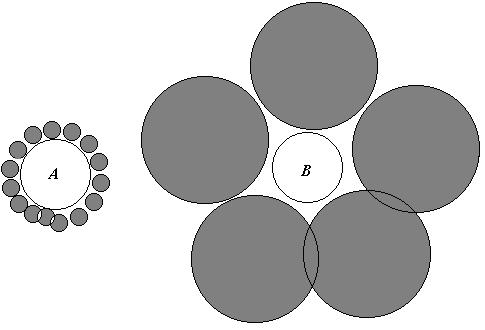American superstitions, collected by folklorist Fanny Bergen in 1896:
- If you sneeze at table with the mouth full, an acquaintance will die soon. (Virginia)
- If your shoe comes untied, your sweetheart is talking about you. (Alabama)
- To go back into the house for something after starting on a journey is unpropitious. To have it brought out is all right. (Iowa)
- To dream of bread is good luck. (Boston)
- If you drop the tea-towel, it is a sign of company. (Pennsylvania)
- Pass a baby through a window and it will never grow. (South Carolina)
- Dimple in chin, devil within. (Maryland)
- If you are a bridesmaid three times you will never stand in the middle. (New York)
Also:
Beware of that man,
Be he friend or brother,
Whose hair is one color
And moustache another.
(Portland, Maine)





